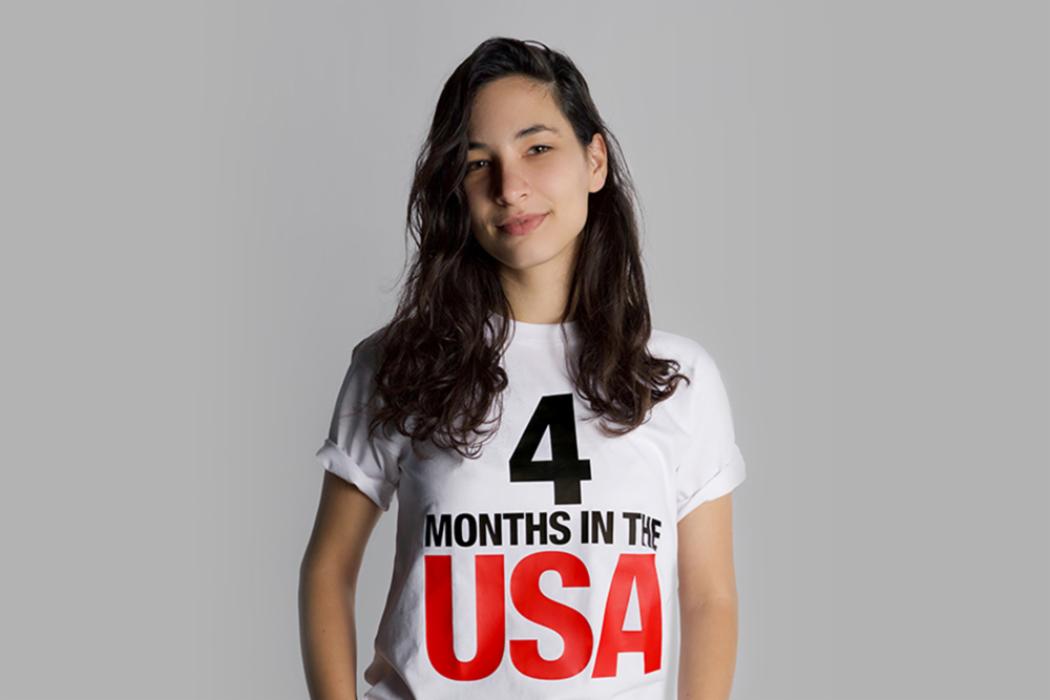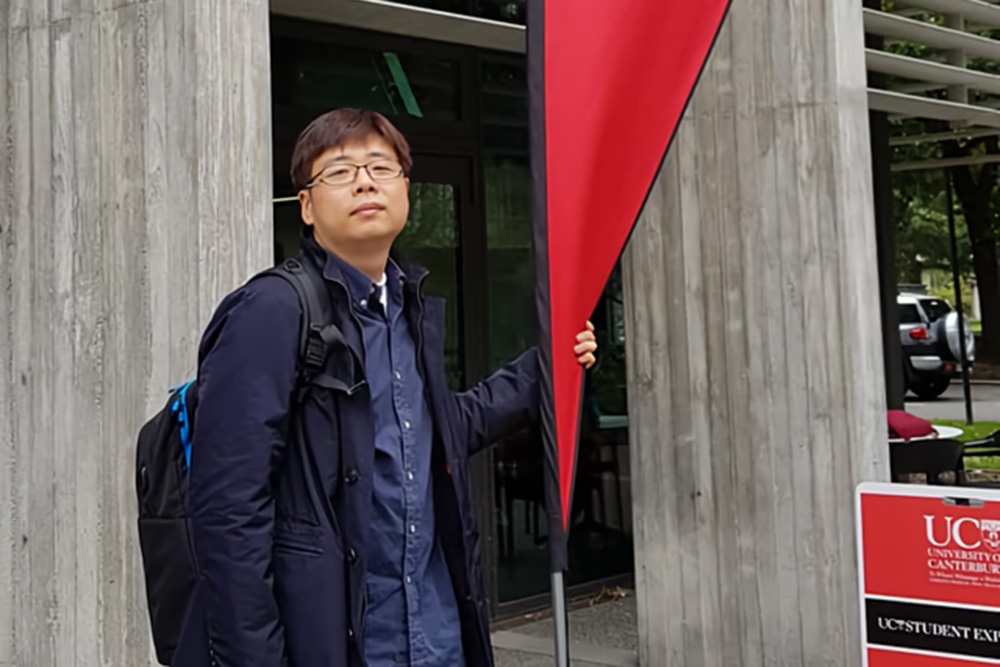European and European Union Studies
Introduction
With 27 member states and 450 million people, the European Union (EU) is Aotearoa New Zealand’s most significant bilateral partner after Australia and China and is one of the world’s leading political and trading blocs. Europe provides an important reference point to Aotearoa and the global community in cultural, linguistic, and political aspects.
Your study will look into current events as well as history, language, and culture that have shaped Europe and the European Union.






